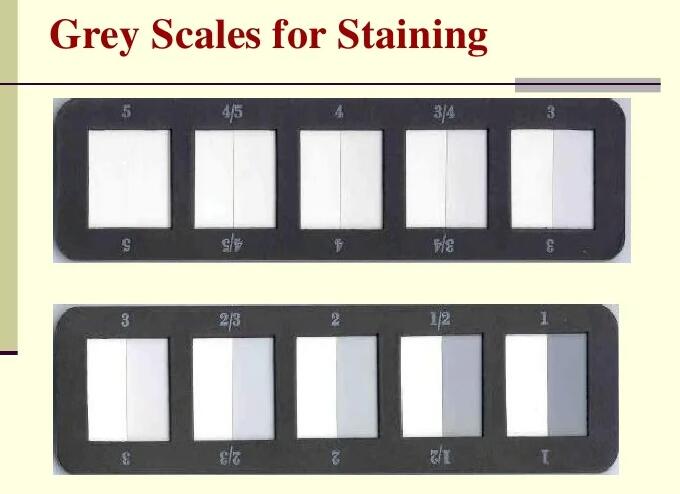-
What is the Jls rubbing color fastness tester?
Edited by:Read:JLS rubbing color fastness tester is an instrument for testing the color fastness of textiles. JLS refers to "Japanese Leather Science", which is a widely used test method for color fastness to rubbing. The instrument is able to simulate the rubbing process in everyday use to assess whether colors on textiles are prone to fading or transfer.

In the test, the sample is contacted with a specific friction medium (such as cotton cloth or paper) and rubbed under a certain pressure and number of rubs. After that, use a color chart or a spectrometer to measure the color change of the sample and compare it with the original color. By comparing the color difference values, the color fastness level of the sample can be determined.
The JLS rubbing color fastness tester tests materials by rubbing them against a standard rubbing cloth with a specified pressure and number of rubs. The color change produced on the test material and the rubbing cloth is then evaluated using a gray scale to determine the color fastness of the tested material.
JLS rubbing color fastness tester is widely used in textile, leather and related industries to evaluate the color fastness and durability of products. It is an important testing tool for textile manufacturers, quality control departments and consumers to ensure the color stability of products during use.
- 2024-04-19Paper ring compression strength tester standards
- 2024-04-19Cupping tester standards
- 2024-04-19Rubber and plastic tensile tester standards
- 2024-04-19Taber 1750 wear-resistant tester standards
- 2024-04-19Stone Chip Resistance Gravelometer standards
- 2024-04-18Diaper absorption speed tester standards
- 2024-04-18Diaper leakage tester technical indicators
- 2024-04-18Paint film impact resistance tester standards
- 2024-04-18Low temperature brittleness tester principle
- 2024-04-18Battery separator permeability tester technical indicators



